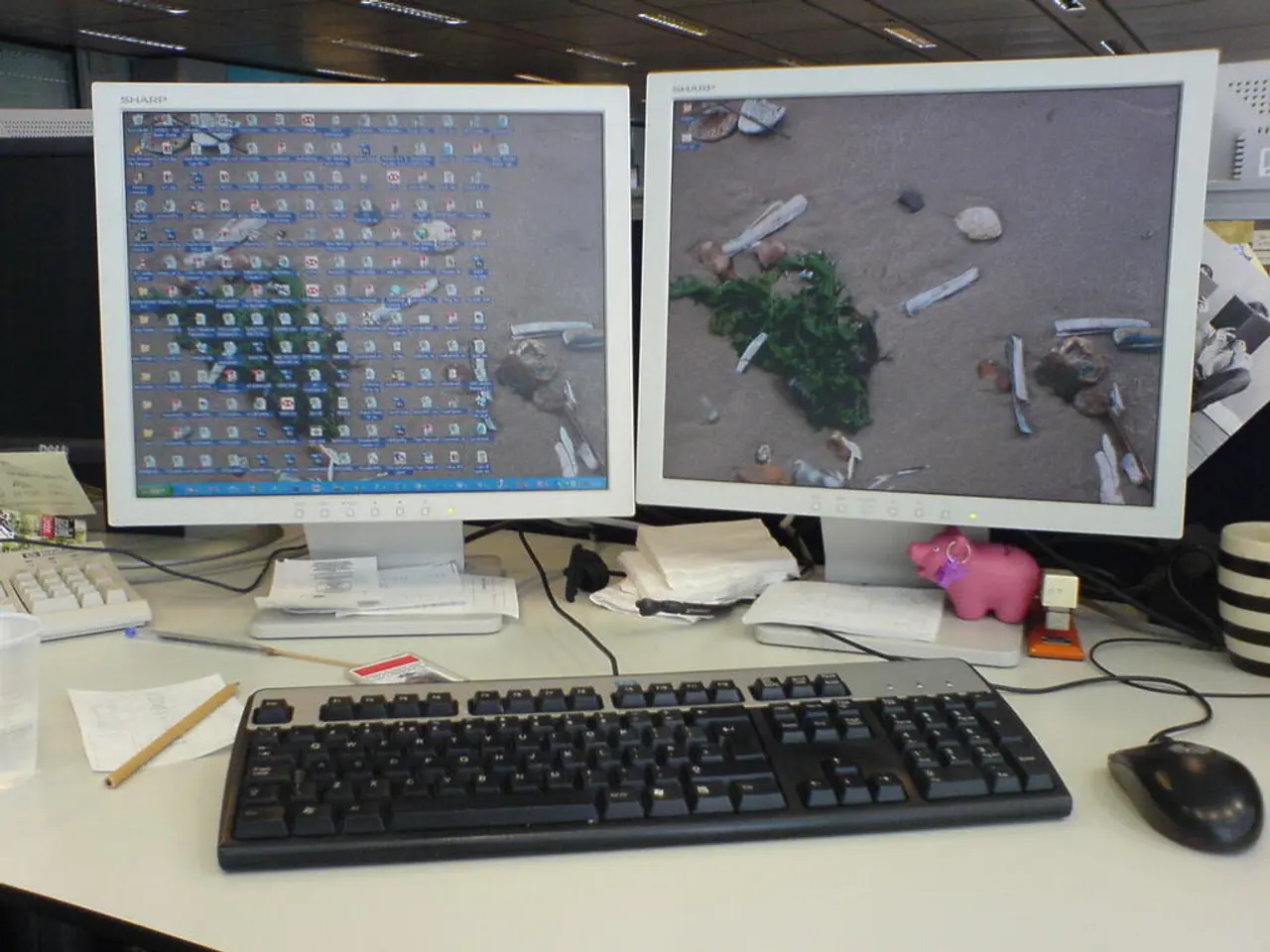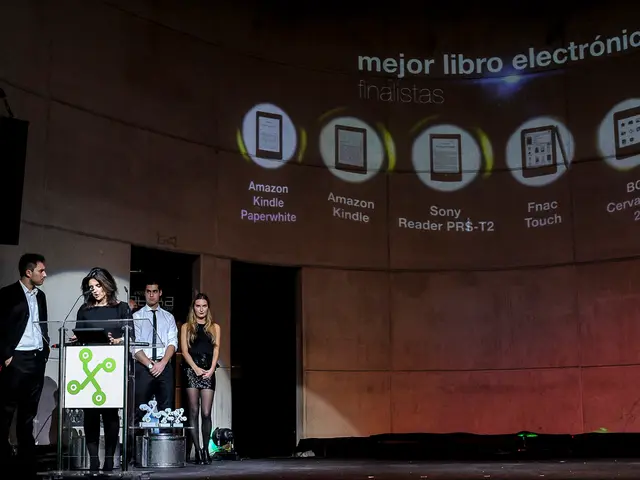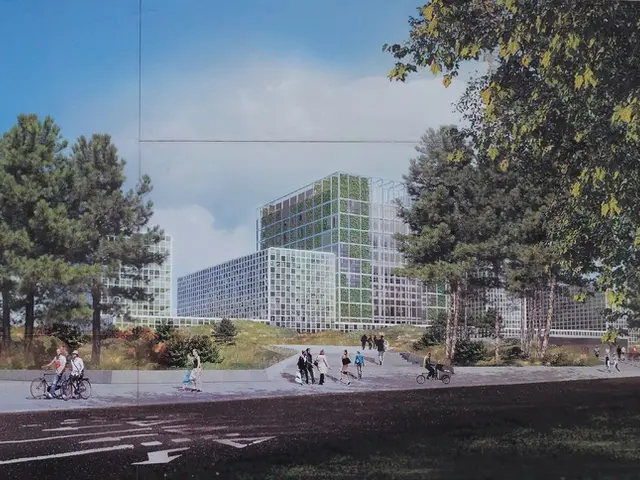Lab-Grown Computers: The Future of Technology Manufacturing
In a groundbreaking development, Swiss startup Final Spark and Rice University are pushing the boundaries of technology with their innovative projects in the field of biocomputing.
Final Spark's Neuroplatform is a hybrid system that connects lab-grown brain organoids to electronic circuits. This unique setup could revolutionise our understanding of environmental responsiveness, offering a system that "decides" how to react based on learned conditions and adapts to changing inputs, surpassing the capabilities of current sensors.
Meanwhile, Rice University is spearheading a vision to redefine computers by utilising microbes as processors and electronic interfaces to direct and enhance their natural capabilities.
The SBI system, CL-1, developed by Cortical Labs, is a testament to this vision. This system, based on human neurons embedded in silicon chips, has demonstrated its capabilities by playing a version of the classic game Pong. Remarkably, the SBI system processes information faster than the silicon chips used in training AI language models.
The potential applications of these living computers are vast. They could function as real-time biosensors for pollutants, pathogens, or neurological markers, reacting to chemical signals in our environment.
However, the long-term applications of these living machines remain speculative. They could potentially grow, learn, and evolve like living organisms, presenting a world where computers are not static entities but dynamic, adaptive systems.
As we venture into this exciting new frontier, ethical and social implications must be carefully considered. Bennett's team at Rice University is actively examining these issues, focusing on the potential impact of introducing living machines into public and commercial domains.
The biocomputer development landscape is diverse, with leading companies such as research-focused startups and specialized biotech firms working on various types of biocomputers, including DNA-based computers, protein-based systems, and synthetic biological circuits. They develop biocomponents like biomolecular logic gates, biosensors, and engineered cells for computation.
As we continue to explore this new frontier, the possibilities are endless. Living computers could redefine the way we interact with technology, offering a more organic, adaptive, and responsive approach to computing. The future of technology is here, and it's alive.
Read also:
- EPA Administrator Zeldin travels to Iowa, reveals fresh EPA DEF guidelines, attends State Fair, commemorates One Big Beautiful Bill
- "Divine Protections Failed: Father Battling for Life After Flesh-Eating Bacteria Infection"
- Innovative Company ILiAD Technologies Introduces ILiAD+: Boosting Direct Lithium Extraction Technology's Efficiency Substantially
- Nuclear Ambitions at a U.S. Airport Spark Controversy, With Opposition Swelling








